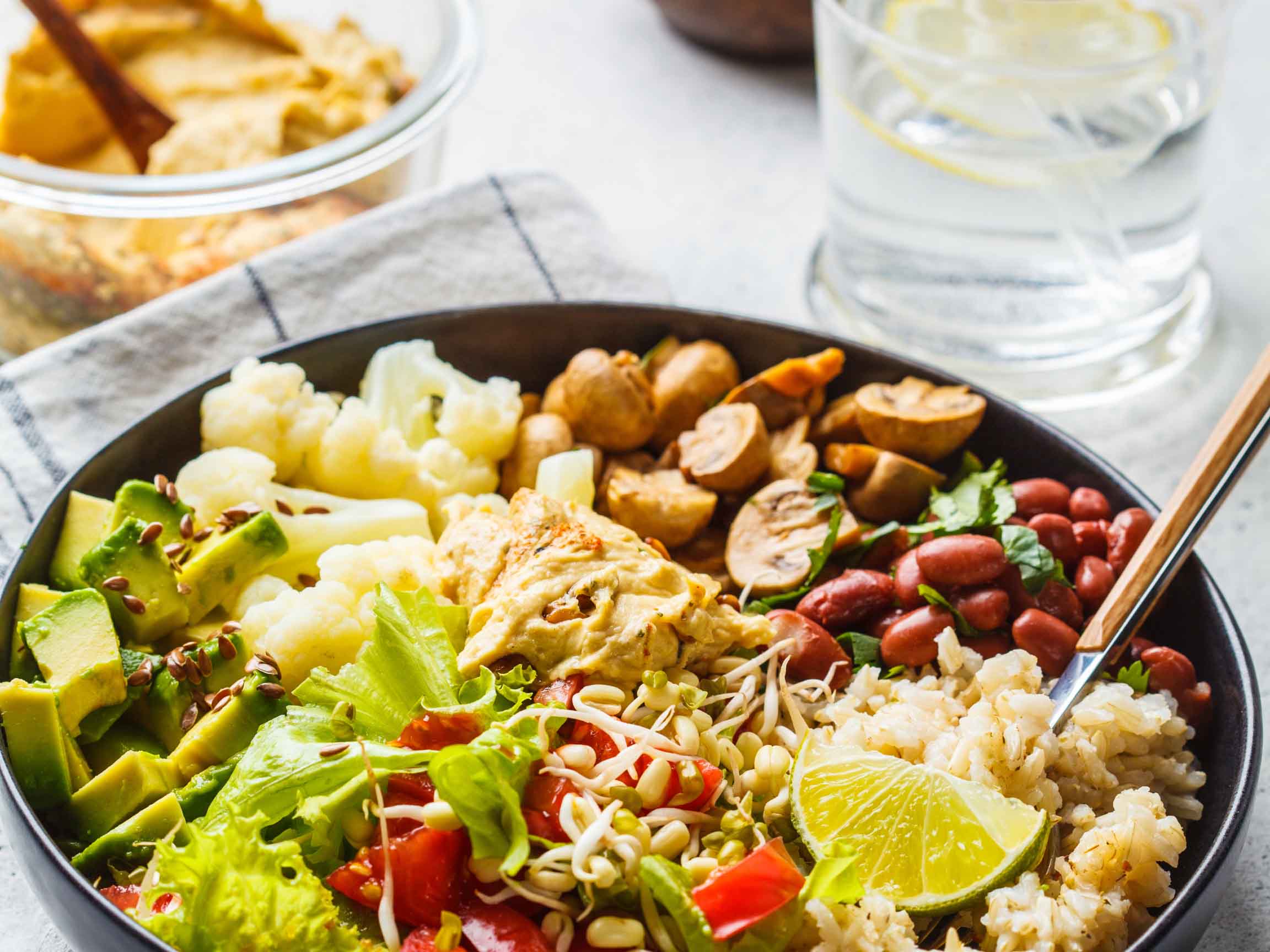I get asked this question a lot. ‘Hints’, ’tips’, ‘tricks’. We are all in the search for the quickest and easiest approach to get maximum value for effort when it comes to our health and fitness. And it’s a fair question. Our lives are full of appointments, events and commitments, all split amongst work, friends and family. So how do you balance all this while trying to take better care of yourself at the same time? Start with recognising where things generally go off the rails. Yes, I’m referring to weekends. The word balanced shouldn’t just apply to what you eat over the course of a day or the working week. A balanced approach should include Saturdays and Sundays. Most people tend to stick to a structured diet Monday to Friday. (Well, at least to Friday afternoon). It’s when Friday 5pm hits that things can go a little sideways. It can almost feel unfair when you have a dietary focus for four and a half days of your working week. You should be able to ‘get away’ with two and a half days of unscripted eating and drinking, right? But that’s not how it works. Not if your desire is keeping a balanced diet. Here are some things you can do to help make weekends (and your overall approach to your diet, easier).
Plan your meals – If you’re heading out on a Saturday night, cook up your favourite dish (marinated chicken fillets, along with a healthy cous cous salad) so it’s there, ready to go for Sunday. This will help avoid the temptation to call Uber eats.
Drink plenty of water – Especially over the weekend when your alcohol consumption is likely to be higher than in the week.
Don’t skip a meal – Your body functions better with regular macronutrients. That includes breakfast on the weekends. Keep your macronutrients up when they matter most.
Does irregular eating cause weight gain?
It can do, yes. Assuming the statement ‘irregular eating’ refers to ‘diet hopping’. Where we see a lot of people come unstuck is when they trial a diet for a week or two and then stop because they don’t ‘see’ any immediate results. So they return to their previous eating habits. This creates a yo-yo effect. The example here is – If the original eating habit sees a person consume on average 2500 to 3000 calories per day and they go on a diet that requires a maximum of 1200 to 1500 calories per day, the body’s metabolism will naturally slow down as it no longer needs to work as hard to break down the macronutrients it’s being given. At this stage, while the body would start to flush out toxins over the first few days of the diet (just one of the many benefits), some people need to ’see’ the result on the scales rather than notice how they might be feeling overall. (After all, we do live in a world that demands instant gratification).
So regardless of the positive health benefits a diet may initially provide, unfortunately human beings are naturally impatient. So they drop the idea of the diet before any real benefit has the chance to take effect, and return to the aforementioned 2500+ daily calorie consumption. BUT! The metabolism now needs time to get back up to speed to break down this increased consumption of food. So, a lot of it is stored as excess fat. Not uncommon to see someone put on more weight in this scenario.
How can I change my eating habits for the better?
Your metabolism thrives on breaking down macronutrients throughout your day. Setting yourself up with a high protein breakfast prepares your body for the day ahead. The rest of the day should be spent ’topping up’ your energy with good, healthy nutrients, all the way to dinner time where you should be feeding yourself the smallest meal of the day. “Eat like a king for breakfast, eat like a pauper for dinner.”
But above all, any changes you make should be small. Old habits are damn hard to break and new habits are even harder to stick to. The secret to successfully embedding new habits is by making them attainable. Eg – Add avocado on your toast in the morning. Swap your chocolate fix at 3pm for a piece of fruit. Have a 1 litre bottle of water at your desk and make sure you drink all of it before you go home each day. The easier the habit, the better the chances of you achieving it. You will have a much healthy relationship with future goal setting and habit making with this approach and will result in a healthier and happier you
Written by Coach John




